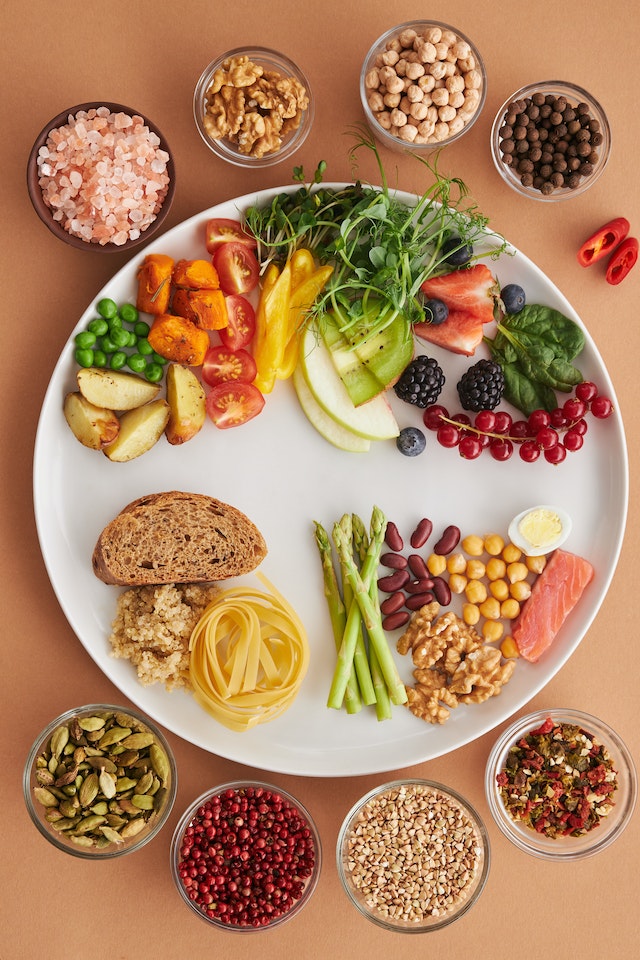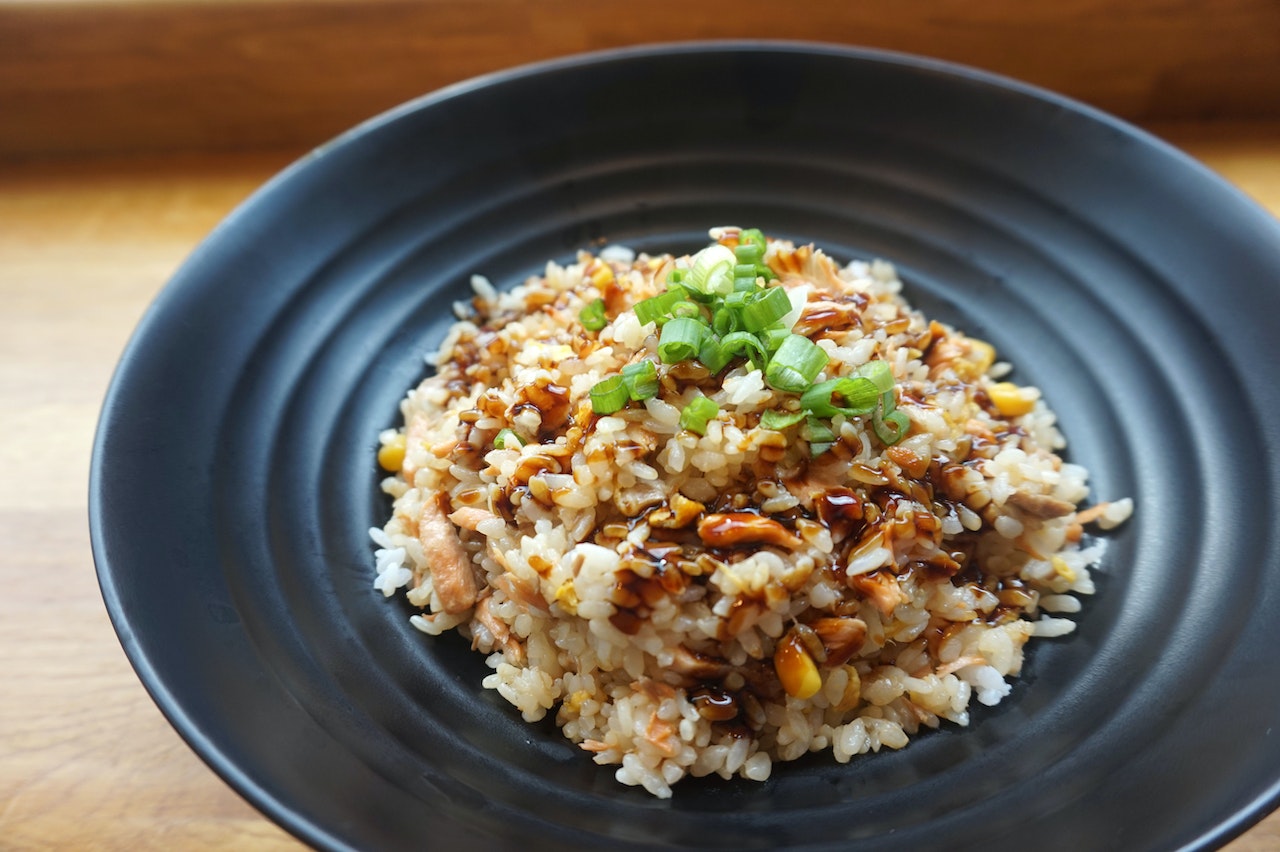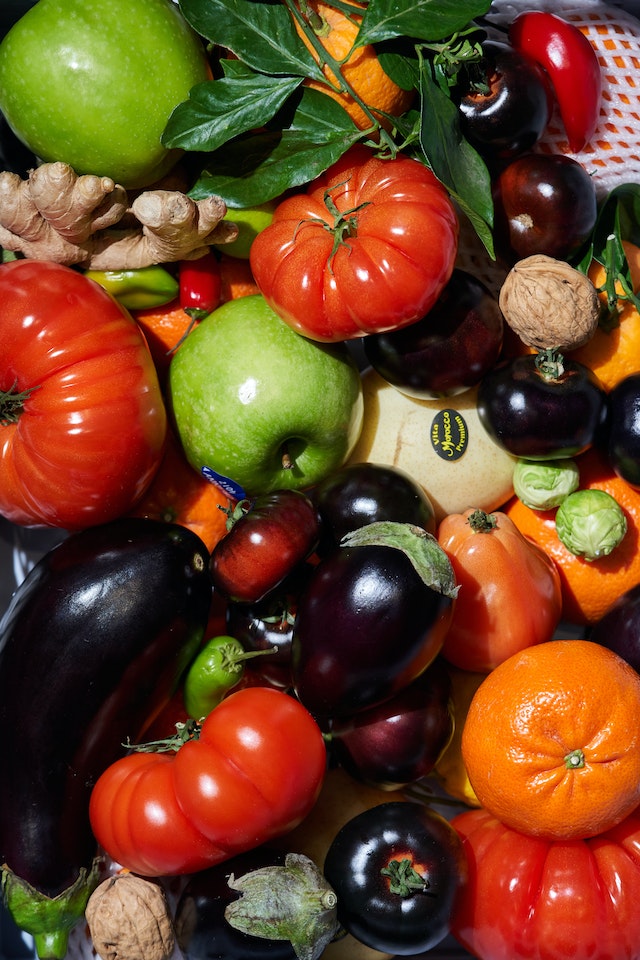Being an athlete requires proper food intake to suffice the energy you need during training to achieve the best performance. Physical and mental exercise is essential before the competition. Fueling your body with nutritious food will give you a healthy and prepared physique for the big day.
Sports training is critical to avoid injury and prepare your body for the competition.
Nutrients You Need
Fueling your body with the proper nutrients to give you energy comes from three energy sources, also known as macronutrients: protein, carbohydrates, and fat. Consuming foods rich in vitamins and minerals (micronutrients) is essential in maintaining a healthy body to endure sports training.
These nutrients are essential for the body to function better, boost the immune system, and reduce the risks of health issues.
Protein
Protein is the building block for muscles. It contains four calories per gram. Athletes need more protein to strengthen and repair their muscle damage, especially during intense training and competition.
Protein content in your diet should be 15-25 percent. Athletes benefit from consuming proteins as they aid in food digestion and boost your immune system.
High-protein sources are eggs, chicken, lean beef, turkey, fish, greek yogurt, beans, and tofu.
Carbohydrates
One gram of carbohydrates is equivalent to 4 calories. Carbohydrates break down into sugar, called glucose. Glucose is a type of carbohydrate converted into energy. On the other hand, glycogen is merely glucose stored in the muscles and liver tissue.
Carbohydrates is the primary source of energy. Your diet must contain 45-65 percent of carbs. You must eat the right amount to compensate for your energy needs when sports training. Athletes can boost their energy by consuming a high-carbohydrate diet.
Foods rich in carbohydrates include bread, grains, fruits, vegetables, oatmeal, and pasta.
Fat
Fat is the most concentrated energy source and is significant in an athlete’s diet. One gram of fat contains nine calories and supplies twice the nutrition needed for the body to perform.
Fat provides more calories than carbohydrates and protein. It is essential for stamina during sports training and tournaments. The fat content in your diet must be 20-35 percent.
Some excellent sources of healthy fats are avocado, nuts, olive oil, salmon, tuna, sunflower seeds, peanut butter, and cheese.
Vitamins and Minerals
Vitamins and minerals (micronutrients) are essential for converting food into energy and maintaining healthy bones. They also help carry oxygen to the tissues.
Calcium. It is significant in maintaining bone health, muscle contraction, and normal nerve function. Calcium also helps in decreasing the risks of critical illnesses. Foods high in calcium include fish, beans, and dairy products.
Iron. It is vital in energy metabolism and delivering oxygen to body tissues. It also aids in muscle growth and repair during training and competition. Some foods high in iron are eggs, sardines, meat, and lentils.
B Vitamins. It supports metabolic processes in the body, such as producing energy and avoiding fatigue. Examples of B vitamins are riboflavin, thiamine, niacin, and biotin. Food sources of B vitamins are enriched grains, milk, poultry, and beans.
Zinc. It is essential in boosting the immune system, faster healing of wounds, and energy metabolism. It also plays a vital part in muscle growth. Zinc-rich foods include meat, beans, seeds, nuts, and dairy products.
Magnesium. It has a significant role in regulating sugar levels, normalizing nerve and muscle functions, and decreasing risks of heart diseases. Dark chocolates, avocados, whole grains, salmon, and spinach are some foods rich in magnesium.
Potassium. It is an electrolyte responsible for balancing the fluid in the body. It also plays a vital part in regulating blood pressure, preventing muscular contractions, and keeping the kidneys healthy. Consume foods rich in potassium, like bananas, potatoes, beans, squash, avocados, and tuna.
Athlete’s Diet and Nutrient Timing
Knowing what to eat at the right time is essential for your body to boost energy, improve muscle strength, and repair muscle tissue damage. Setting a meal plan before, during, and after intense training and competition is the key to better performance.
Hydration is also significant in an athlete’s diet. Consuming fluids throughout the day is a must.
Before Training/Exercise
Consume high-carbohydrate meals with protein and healthy fats. A balanced meal will sustain your energy. Another critical element in your diet you should include is fluid. Hydration is a must.
Here are meal plan suggestions you could follow for your body to boost energy.
4 hours pre-training
Brown rice, chicken, and vegetables or fruits
Turkey and cheese sandwich with tomatoes and lettuce (wheat bread), and fruits
Cereal with milk and nuts and a piece of fruit
2-3 hours pre-training
Oatmeal and berries
Bread and peanut butter
Fruit smoothie
30 minutes to 1-hour pre-training
Fresh fruits
Granola Bar
Crackers
During Training/Exercise
Consuming food during exercise depends on the duration. You may not need to eat if you’re training for only 30 minutes. If the training lasts more than an hour, try to eat food that can be easily digested, such as energy bars and fruits. Always remember to consume food rich in carbohydrates to sustain your energy. Don’t forget to hydrate.
After Training/Exercise
It is essential that after an intense workout, your body should replenish the glycogen in your muscles. Fuel with carbohydrates and protein to begin replacing the lost nutrients during practice. And for the muscle tissues to start repairing the damage. Fluid intake is also needed.
Proper food post-training includes low-fat milk, yogurt, pasta, fruits, and sandwiches. Never forget to hydrate.
Significance of a Well-Balanced Meal Plan

Consuming the proper amount of nutrients is essential for your body to boost and sustain your energy. A well-balanced meal provides all the nutrients your body needs to recover from training. It also provides enough protein for faster muscle tissue healing.
Athletes may require specific nutritional needs based on the sports that they participate. Understanding and consuming the proper nutrition will enhance your sports performance. It also lowers the risk of illness and injury.
In conclusion, proper intake of nutrients is the key to achieving peak performance. Understanding and knowing the importance of macronutrients and micronutrients is essential in maintaining a healthy body in preparation for the competition. It also provides you with long-term benefits.




